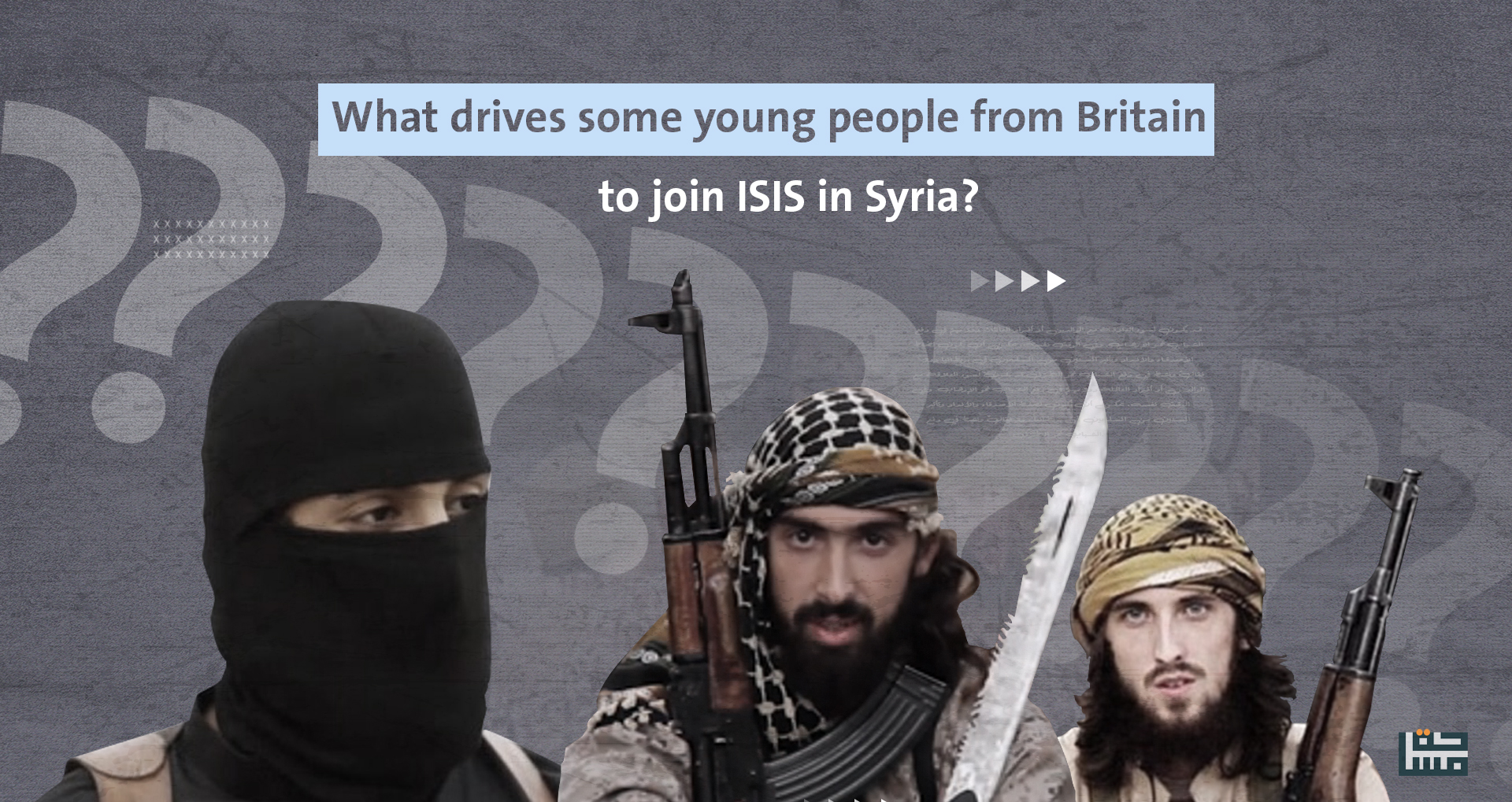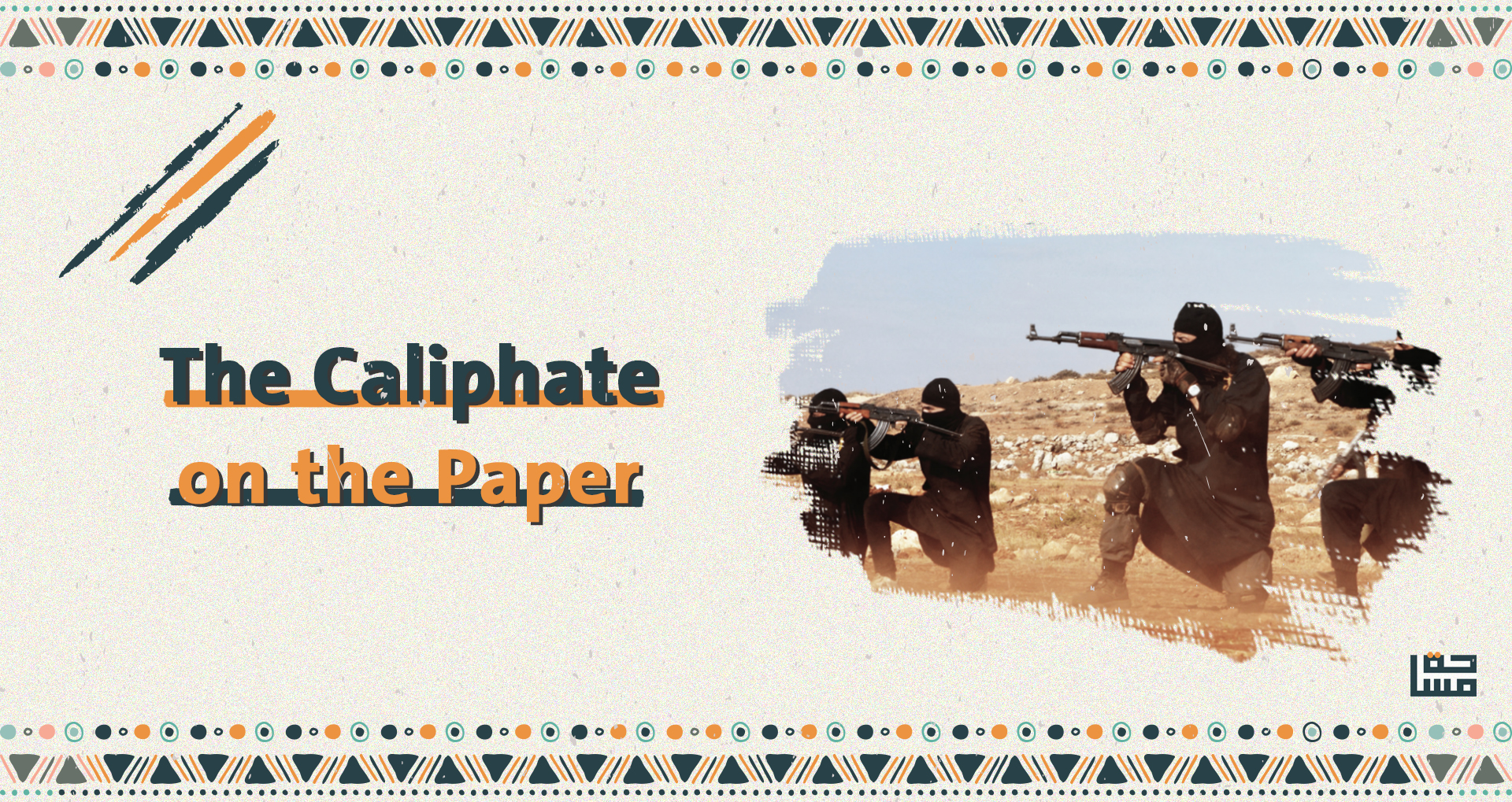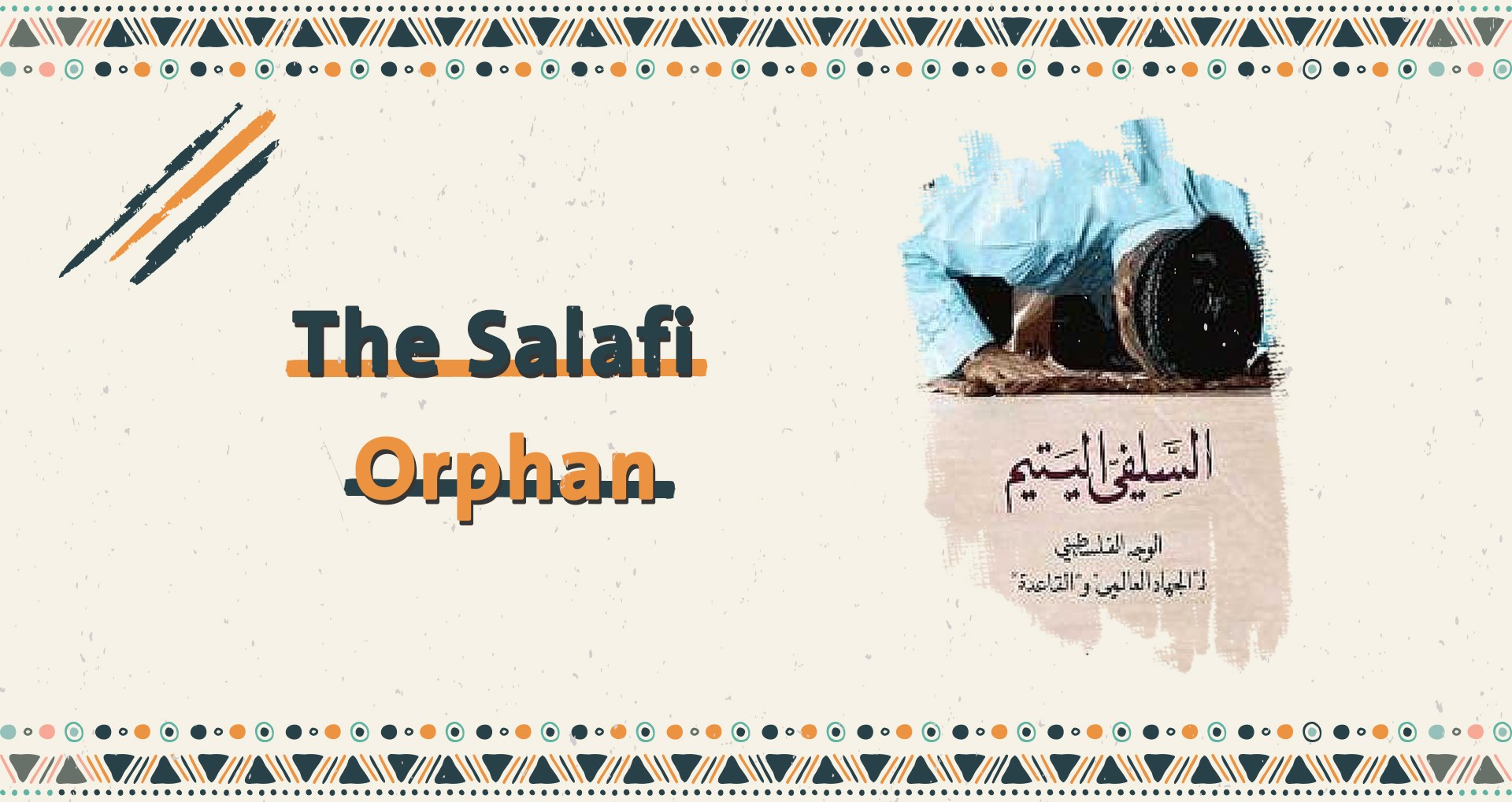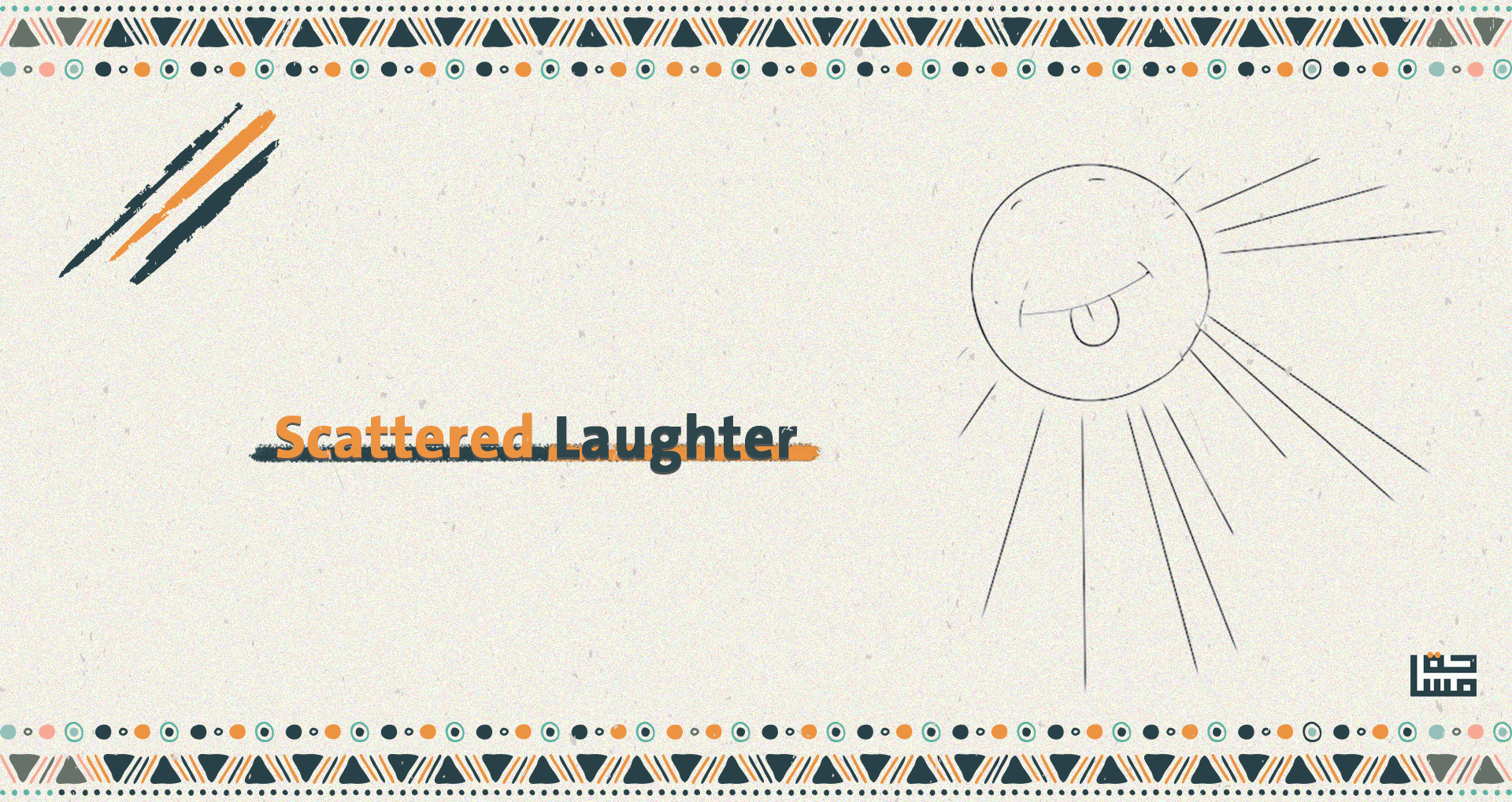Islamists and production of deluding concepts
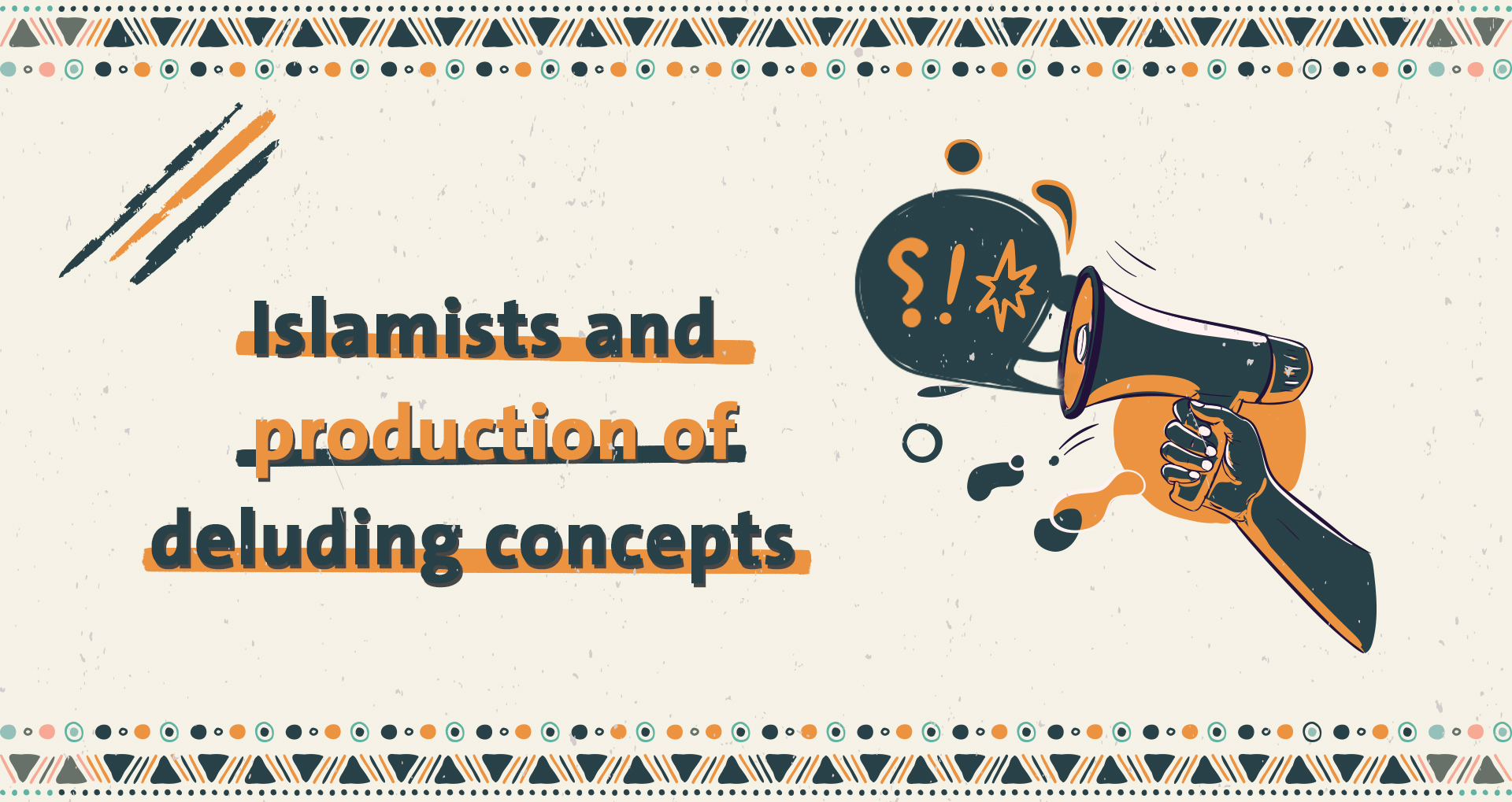
Dr. Murad Wehbe, an Egyptian professor of philosophy, said in one of his lectures in 1974, he was shocked by his students not listening to him, and when asking them about the reason, they said that he was speaking about matters and ideas against Islam. The faculty then also asked him to stop discussing such ideas in his lectures. Wehbe was then disappointed by the rapid spread of religious radicalism among university students.
The political Islam at the beginning showed two different attitudes: one was radical like the reaction of philosophy students. Supporters of this trend did believe in establishing an Islamic government. The supporters of the other trend used to form a “rational” version of Islam, using figures known for their openness and rationality. This trend used to accept the participation of several parties and was more open to the left parties, and thus were far from the idea of Islamic government or state and on the contrary accepting the ideas of groups and parties around them.
Islamists then succeeded in changing from radicalism to the so-called moderation using dodgy and twisted strategies in their speeches. In fact, supporters of radical trends did not change altogether, some stayed radical such as Muslim Brotherhood group, and some who had fruitful results from the second trend, such as Ennahda (Renaissance) Movement in Tunisia.
Islamists then succeeded in changing from radicalism to the so-called moderation using dodgy and twisted strategies in their speeches.
These “moderate” groups practiced some kind of deception to gain the confidence and support of the peoples they aim to control. They also tried to gain the Western public opinion, which had a brutal image of these groups, but both Arabs or Western people, need to know more about these suspicious movements.
These new movements created leaders working intensively on embellishing frightening and worrying radical terms and phrases such as, Islamic governance or state, ‘Shura’ [Council], caliphate, jihad and others.
Deception of “No Priesthood in Islam”
The Islamists raise the slogan “There is no priesthood in Islam” in order to confront any attempt to accuse their project with “religious fascism.” While Dr. Muhammad Emara and Dr. Yusuf al-Qaradawi chant the exclusion of the priesthood, the latter explains that there is no priest in Islam, but there is a religious scholar according to a fatwa published on his official website.
Al-Qaradawi says every person can become a scholar. He believes that every Muslim has the right to study religion. His new reference thus becomes “Sheikhs and Books”, emphasizing the role of religious scholars in guiding the public, as well as enjoying interference in political matters.
Here the fatwa of Al-Qaradawi’s website looks like a camouflaged foundation for the priesthood, as a man of knowledge who guides the public, can acquire knowledge from books and sheikhs, and cannot be isolated from politics. Also, the late Sudanese thinker, Mahmoud Taha, stressed the importance of individual freedom for the Muslim person, in order to be liberated from the control of the clergy, citing the Quran verse “You are not ˹there˺ to compel them ˹to believe.˺” Al-Ghashiya 22.
The lost caliphate and the European Union
“There is no need to fear the restoration of the caliphate and the religious state; Our most aspiration is to implement an Islamic idea that looks like the experience of the European Union.” This is how Islamists try to deceive people by presenting a modern image of the desired caliphate.
The writer Mohamed Amara in his book The revival of the Islamic Caliphate says, “The earthquake of the fall of the Caliphate in Turkey did not prevent the jurists, scholars and advocates of Islam from planning to revive the Caliphate in a new outfit that takes into account the circumstances of the era.” Here Amara asserts that the Caliphate was a State of Institutions, and a Civil State with a Religious Reference.
In addition, the late Syrian thinker George Tarabishi points out that there are seeds of secularism in Islam, but they have not been developed to reach a modern experience.
Islamic groups continue maneuvering to manipulate their vocabulary by showing openness to the Western concepts, and tolerate their enemies, like what is happening now in the discourse of the Taliban movement after its full control of Afghanistan, but in their hearts, they will not retreat from establishing the religious fascism that they dream of.
In their hearts, ISIS will not retreat from establishing the religious fascism that they dream of.
But before reaching this government and reviving the lost caliphate, Amara insists on succeeding in achieving what he called the “incomplete Islamic system” as a temporary system whose primary and ideal goal is to seek in the future to restore the ‘Rightly-Guided Caliphate’. Here the first step is to challenge the existing governments by calling them infidels.
Dr. Sayed Al-Qimni explains that the Muslim Brotherhood movement has exploited the government corruption in promoting its goal of establishing the religious state, encouraging people to revolt against the existing injustice in order to restore the lost Islamic justice. This was made through media distortion of governments as the basis for corruption, showing the governments as the worst model of corruption which led to a bad relationship between God and people, proposing the solution by toppling those “infidel” governments.
Shura, the lie of the democratic representation
Muhammad Al-Ghazali was able to manipulate the concept of Shura, and he sees in his book Political Corruption in Arab and Islamic Societies that it is the way to protect the nation from evils corruption, and that everything that Islam brought precedes what the civilization of the West has reached.
Al-Ghazali believes that humanity witnessed an era of Shura during the era of the Rightly-Guided Caliphate as it was given by God as a gift, while the West reached what it had reached through bloodshed.
Al-Ghazali compares two positions, one of the former US President John F. Kennedy, who was asked by a journalist regarding the expense of his wife’s trip to Europe, whether it was from his own money or not. The other one of people who asked the caliphate Umar ibn al-Khattab about the length of his clothing: Where did he get this money? Then they learned that his son Abdullah gave him a piece of cloth to lengthen his clothing. Here Al-Ghazali uses the two positions as evidence of the primacy of Islam, and to create a state of linkage with Western democracy, so that the public would think that they dream of establishing an integrated Islamic system that contains all the advantages of the Western experience.
Top and bottom, secret deal to promote hypocrisy
In the 1980s, the late Egyptian thinker Faraj Fouda visited Tunisia, and he met with a number of young members of Islamic movements.
At that time, Fouda called the Tunisian Ennahda (Renaissance) Movement “the OK party” due to its professional way to deceive their critics. Fouda says they accept anything you ask about, agrees to everything. This explains the ability of the Ennahda party to deceive intellectuals and liberals, and its tireless quest to reassure public opinion, and to show an innocent face for this trend. Fouda mentions examples like asking them ‘what is your position on the wine industry if you reach the ruling?’ They will say ‘OK’.
Fouda mentions examples like asking them ‘what is your position on the wine industry if you reach the ruling?’ They will say ‘OK’.
The reassuring slogans that the movement proclaims by its leaders have nothing to do with the public that believe in the Islamic caliphate and jihad. The leaders show maneuvering and hypocrisy, while the young remain on the group’s true principles, which will be actually applied at the moment of reaching the ruling, and neither the elders nor the youth will harm the presence of an implicit conspiracy in order to achieve the lofty goals of religion, as they believe.

